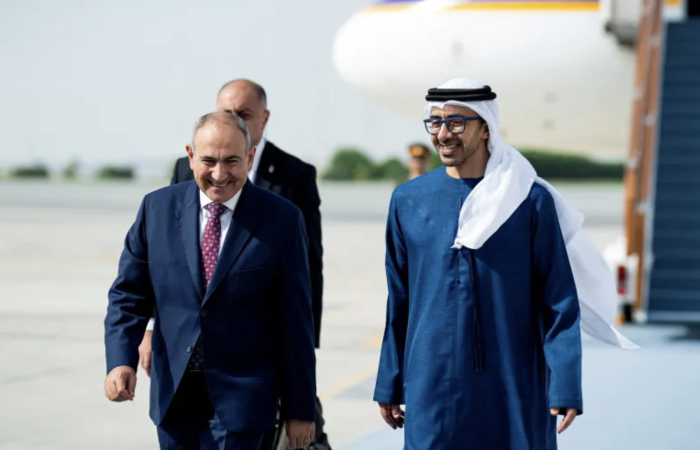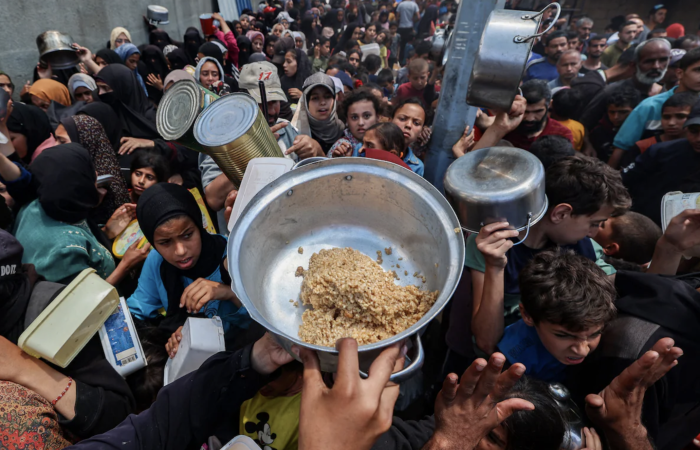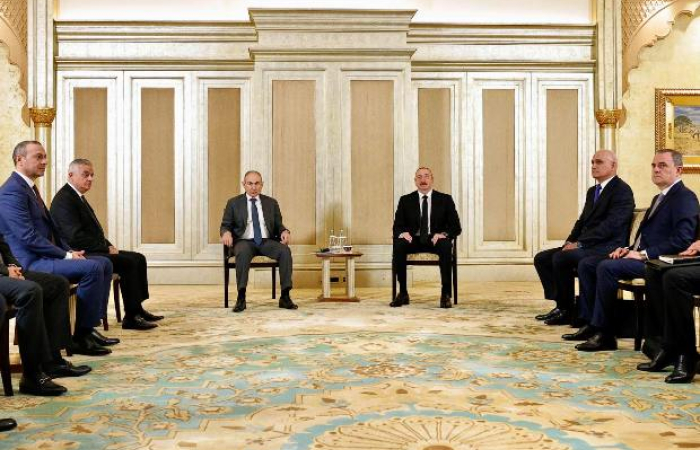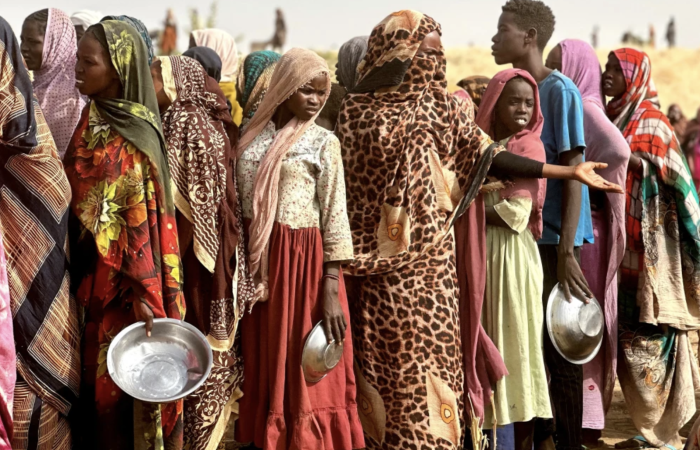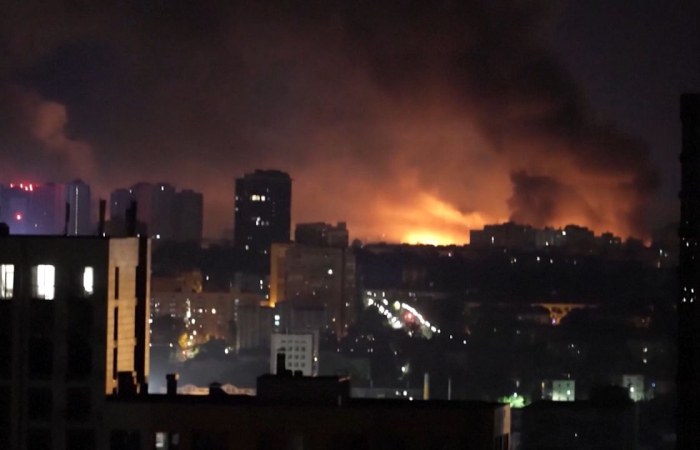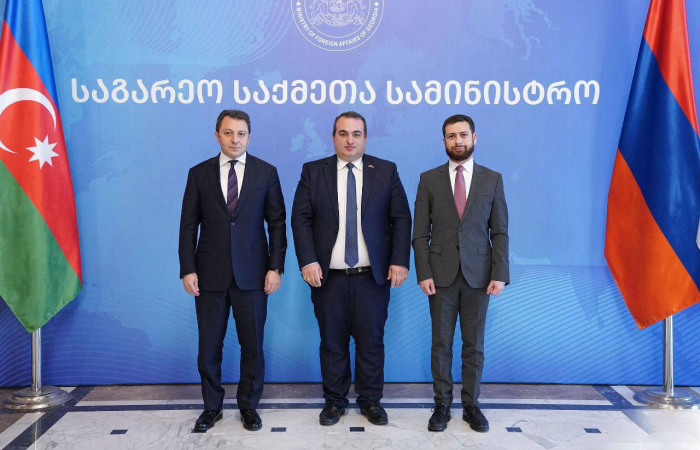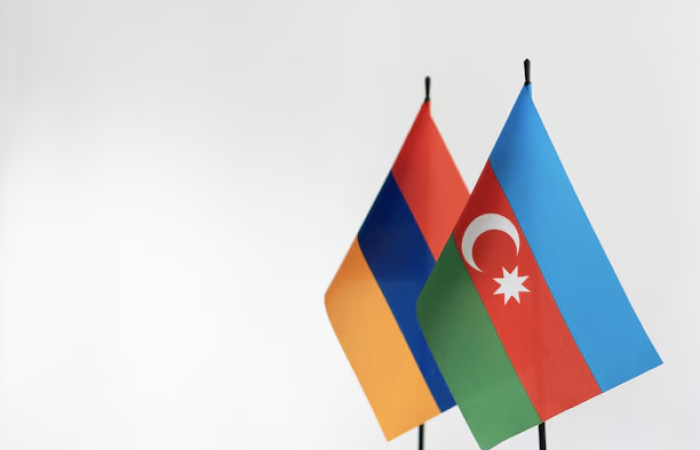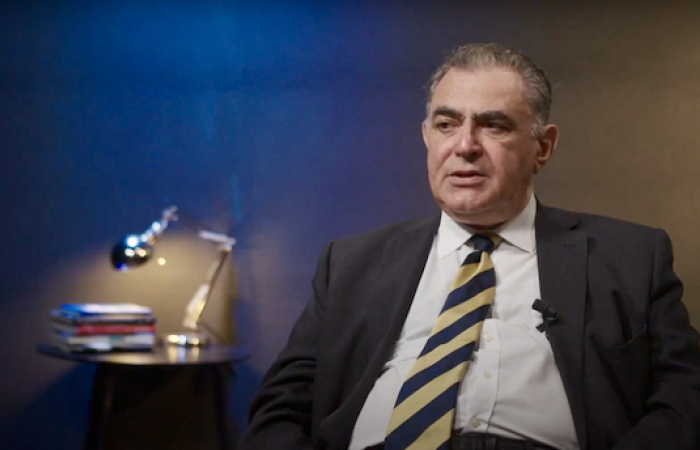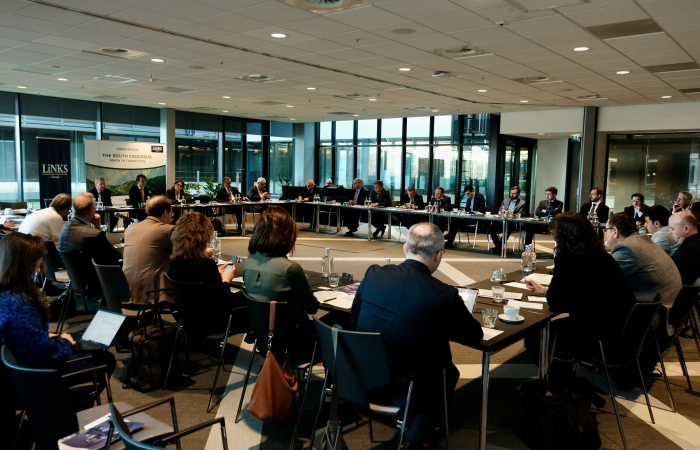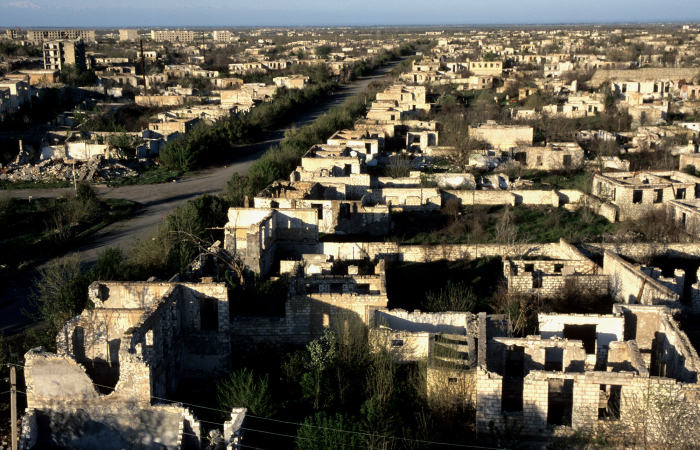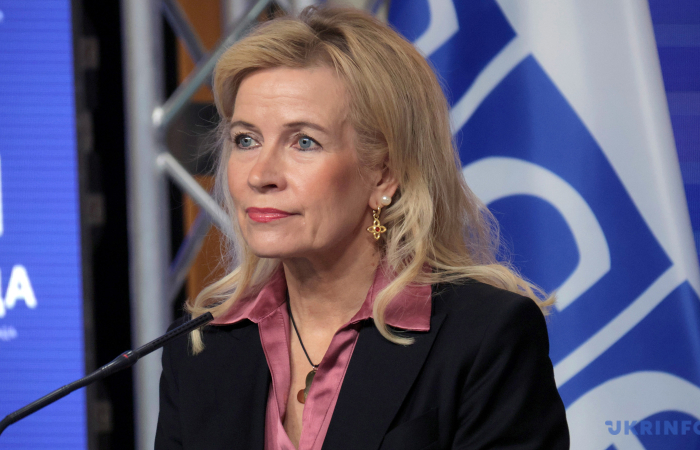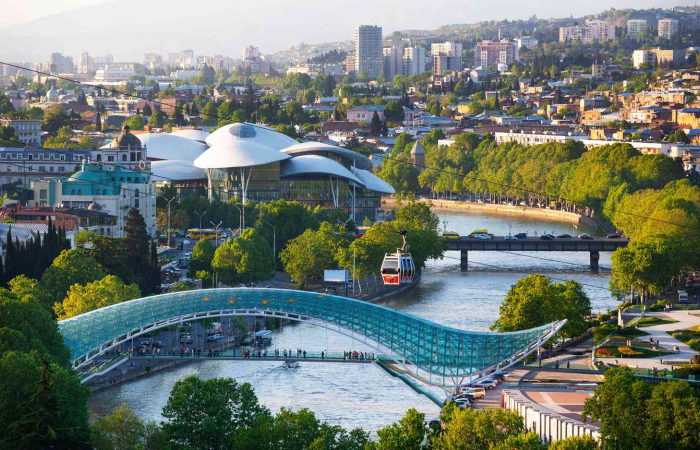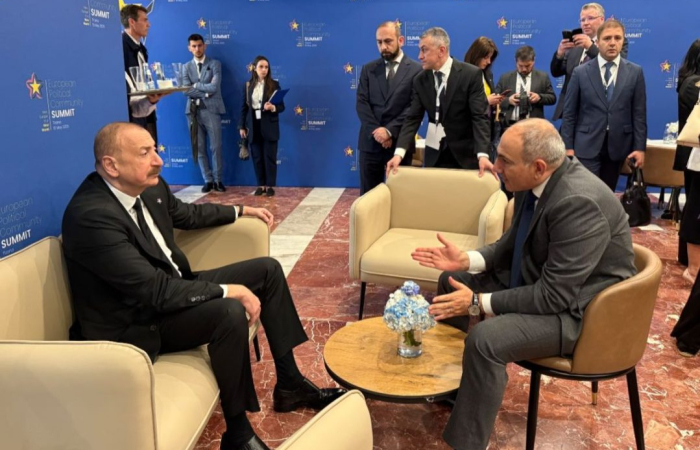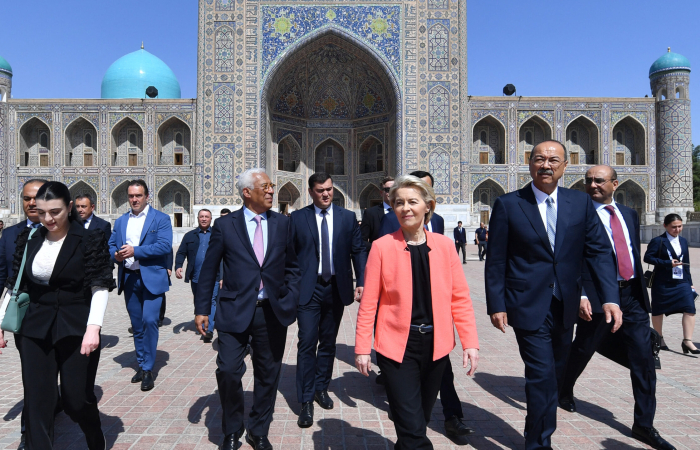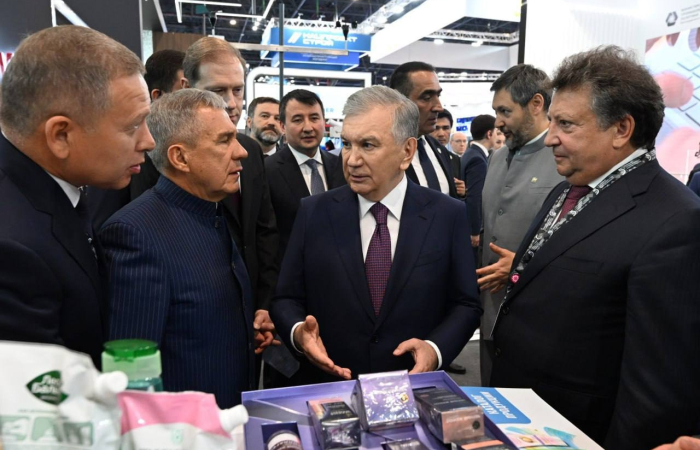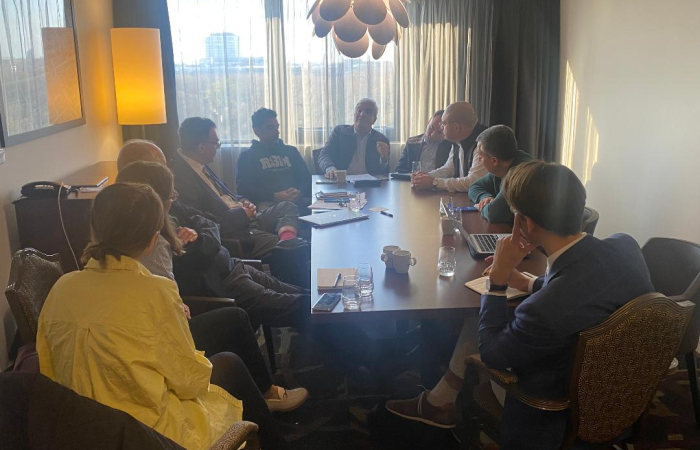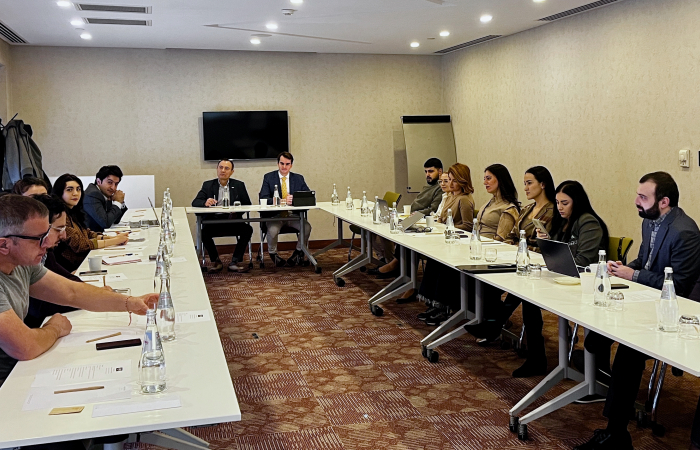- ICC reports on war crimes and crimes against humanity in Darfur
- UN: Almost 800 Killed Near Aid Zones in Gaza
- Abu Dhabi peace talks come with small breakthroughs for Armenia and Azerbaijan
- Leaders of Armenia and Azerbaijan meet in Abu Dhabi to finalise peace agreement
- The European Commissioner for Internal Affairs and Migration was expelled from eastern Libya immediately upon arrival
- Trump says US will send more weapons to Ukraine
Focus on the South Caucasus
Monday Commentary
Focus on Central Asia
Focus on NGOs
commonspace.eu is an activity of LINKS Europe, an independent foundation based in The Hague, The Netherlands. We focus on issues related to European peace and security, Europe's neighbouring regions, including Eastern Europe, the Caucasus and Central Asia; North Africa and the Sahel, the Horn of Africa and the Arabian Peninsula. LINKS Europe is committed to contributing to a better future by increasing understanding of complex foreign policy issues, by promoting dialogue and confidence-building as tools for helping to resolve conflict, and by engaging citizens in the process of building peace and security on the basis of solidarity and mutual respect. Through commonspace.eu, we aim to provide insights and analysis on different topics in our area of interest and a platform for diverse opinions.
Read LINKS Europe's work programme for the two-year period 2024-2025 here



